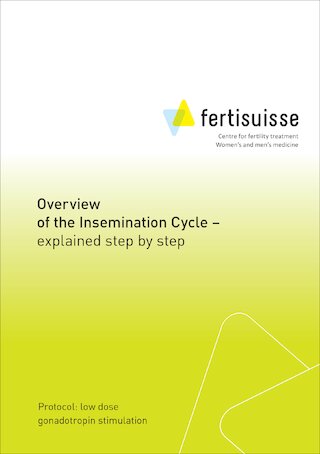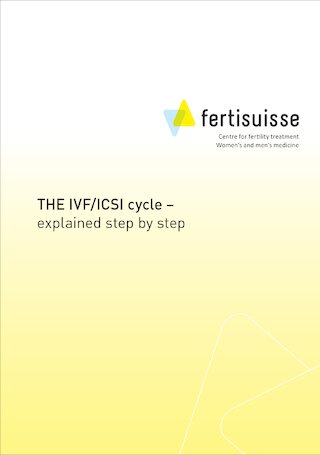For many couples, the desire to have their own child is a central part of their life plans together. A child is often seen as a symbol of love, a part of the future and an expression of a deep, existential need for family and the passing on of life. But what happens if this wish is not fulfilled naturally? In such cases, reproductive medicine can help - a medical specialty that deals with the diagnosis and treatment of fertility disorders and accompanies affected couples on their way to having their own child.
For many couples, the issue of having children only becomes more intense when pregnancy does not occur over a longer period of time. In medical terms, this is known as infertility. As a rule, a couple is considered to be unintentionally childless if no pregnancy has occurred after about a year of regular, unprotected sexual intercourse. In reality, many couples hesitate longer before seeking medical help - be it out of shame, out of hope for a spontaneous pregnancy or because they do not feel familiar with the possibilities of reproductive medicine. Women over the age of 35 should consider a consultation after just six months.
The causes of fertility problems are varied and can be the fault of either the woman or the man - or both. In women, hormonal disorders, endometriosis, fallopian tube problems or advanced age play a role. In men, a reduced sperm quality or sperm count can be the cause.
Our fertility center with locations in Olten and Basel offers couples with an unfulfilled desire to have children a wide range of treatments to increase their chances of pregnancy. The choice of treatment is always individual and depends on various factors: the age of the partners, the duration of the previous desire to have children, the medical findings and, last but not least, personal wishes and limitations.
One of the most common forms of treatment is hormonal stimulation, which promotes ovulation in women and supports the menstrual cycle. The optimum time for sexual intercourse can also be determined. Another option is insemination therapy, in which sperm is injected directly into the uterus.
If natural fertilization is not possible or not very promising for medical reasons, in-vitro fertilization (IVF) or intracytoplasmic sperm injection (ICSI) can be considered. Here, eggs and sperm are combined in the laboratory - with ICSI, a single sperm cell is injected directly into the egg.
These treatments are technically demanding and require a high degree of medical technology and precision as well as emotional and time commitment on the part of the couple. Several treatment cycles are often necessary before pregnancy occurs - sometimes it does not occur despite all efforts. Good to know: In Switzerland, egg donation is prohibited by law, while sperm donation is permitted under certain conditions. Surrogacy is not permitted.




